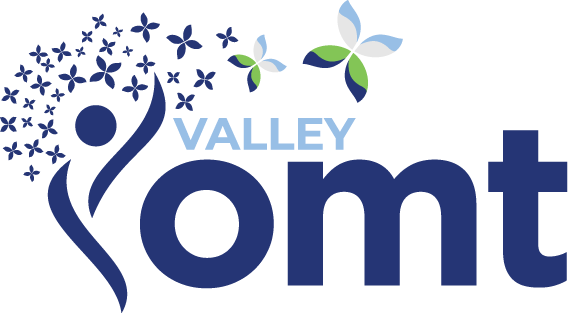As Orofacial Myofunctional Therapists serving Central Pennsylvania, we regularly help parents understand how OMDs can impact their child’s academic success. Think of your child’s oral-facial muscles as a complex orchestra – when all musicians play in harmony, everything works smoothly.
However, when Orofacial Myofunctional Disorders (OMDs) disrupt this harmony, they can significantly affect learning, attention, and classroom performance.
The OMD-Learning Connection
Recent research shows that proper oral muscle function plays a crucial role in academic performance. Working alongside educational specialists from local Central PA school districts, we’ve observed how OMDs can affect:
Cognitive Function
- Reduced oxygen flow affecting concentration
- Irregular breathing patterns impacting alertness
- Sleep disruption affecting memory formation
- Processing speed during lessons
- Overall brain development
Classroom Performance
Many students with OMDs experience challenges with:
- Active participation in discussions
- Reading comprehension and fluency
- Note-taking abilities
- Test-taking endurance
- Social interaction with peers
Understanding Your Child’s Struggles
At Valley OMT in Camp Hill, we conduct comprehensive evaluations to understand how OMDs affect each student’s learning experience. Our assessment process, developed in collaboration with local pediatricians and educational psychologists, examines:
Physical Factors
- Breathing patterns during focused tasks
- Muscle function affecting speech clarity
- Postural impacts on attention
- Sleep quality affecting learning
- Overall oral function
Academic Impact
Working with IEP teams throughout Cumberland County, we’ve identified how OMDs can mirror symptoms of other learning challenges, including ADHD and processing disorders.
Supporting Academic Success
Our treatment approach integrates with your child’s educational team:
School Collaboration
We work directly with teachers, speech therapists, and school nurses to implement effective support strategies. Our partnerships with local schools from Harrisburg to Carlisle ensure consistent care across all environments.
Classroom Accommodations
We help develop specific strategies that teachers can implement, such as:
- Strategic seating arrangements
- Movement breaks
- Modified assignment delivery
- Oral presentation adjustments
- Testing accommodations
Treatment Timeline and Progress
Most students begin showing improvement within 8-12 weeks of starting therapy. Our treatment plans typically include:
- Initial assessment and goal setting
- Customized therapy exercises
- Regular progress monitoring
- Teacher feedback integration
- Parent education and support
Local Success Stories
Take Action for Academic Success
Located conveniently off Route 11/15 in Camp Hill, Valley OMT serves families throughout Central PA with evidence-based treatment for OMDs.
Contact our office today to schedule a consultation. Let’s work together to help your child achieve their full academic potential.
Frequently Asked Questions
Q: How quickly will we see improvements in school performance? A: Many students show increased classroom participation and focus within 8-12 weeks of starting treatment.
Q: How do you work with my child’s school? A: We coordinate with teachers, IEP teams, and school specialists to ensure comprehensive support.
Q: Can OMT help with attention problems? A: Yes, addressing underlying OMDs often improves attention and focus in the classroom.
